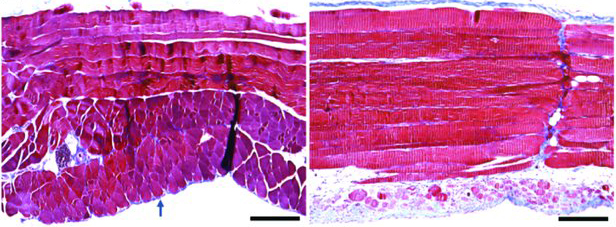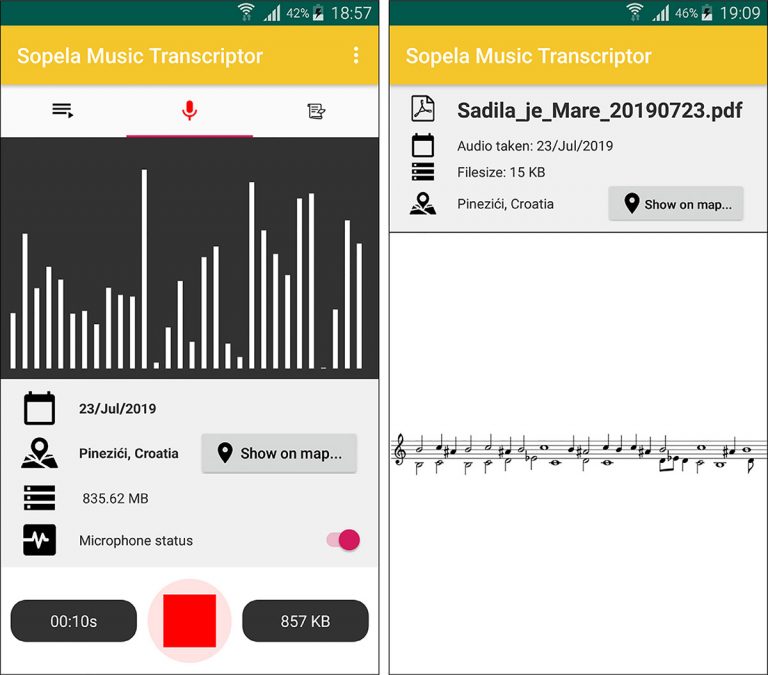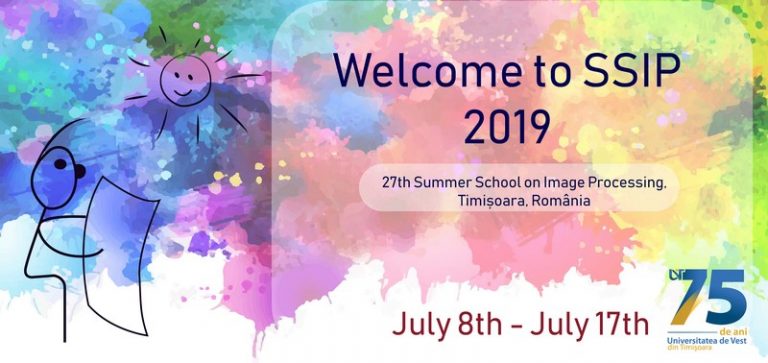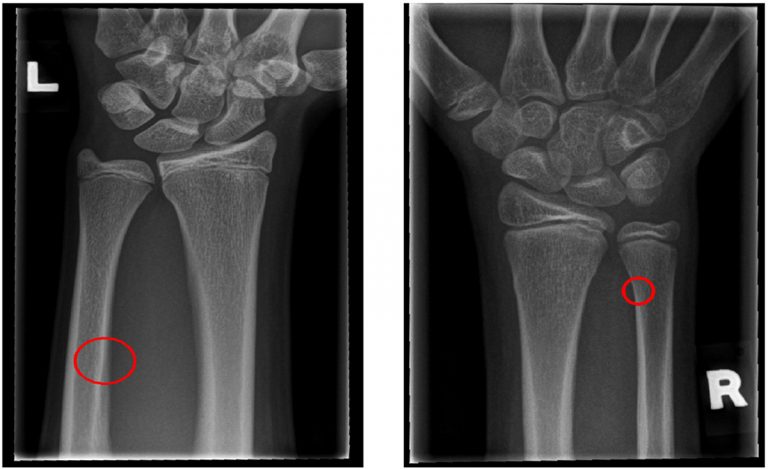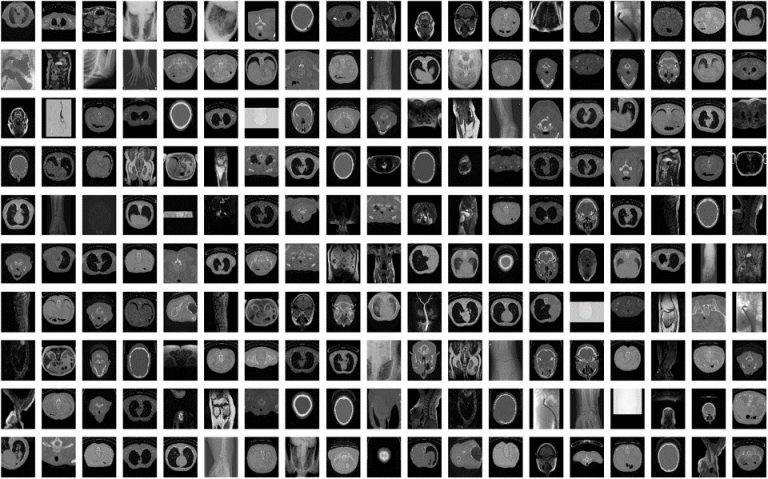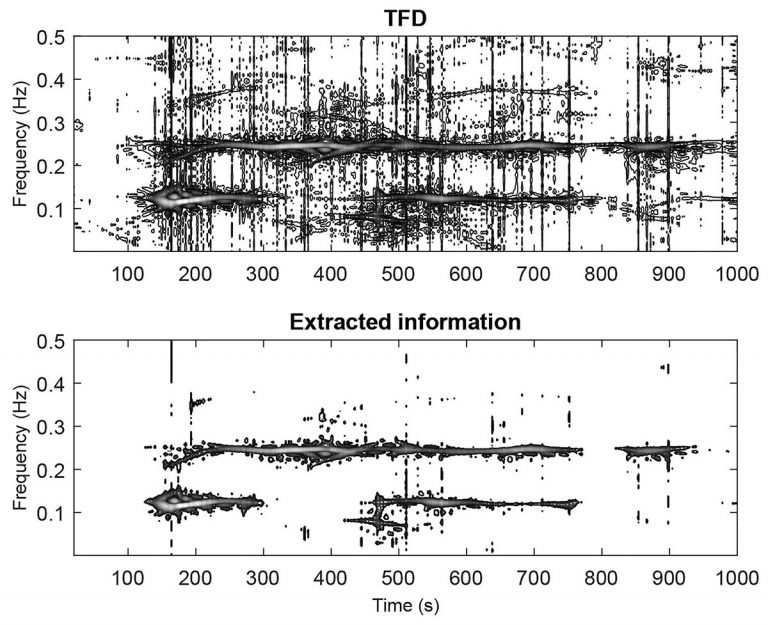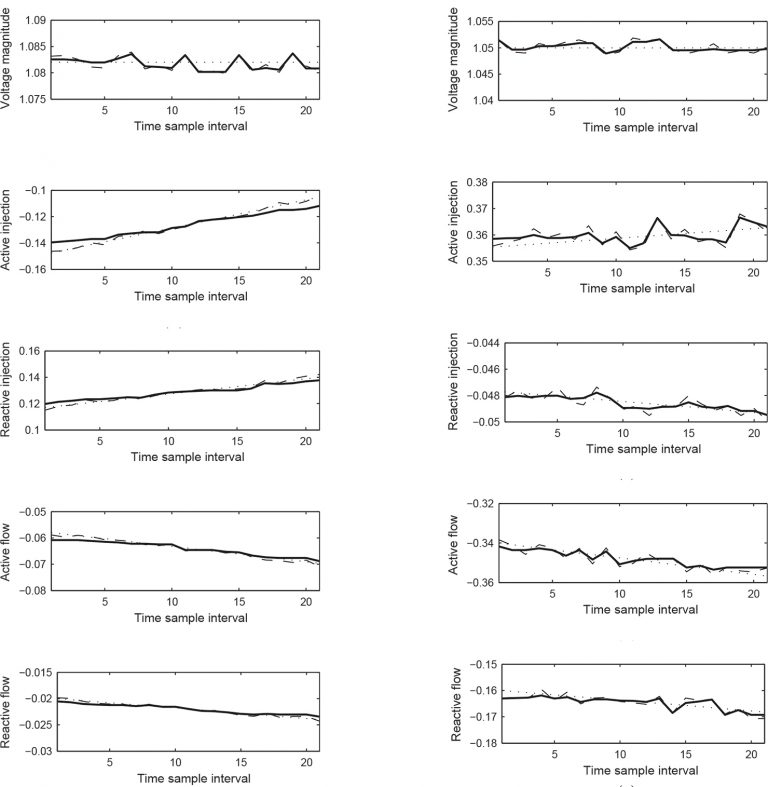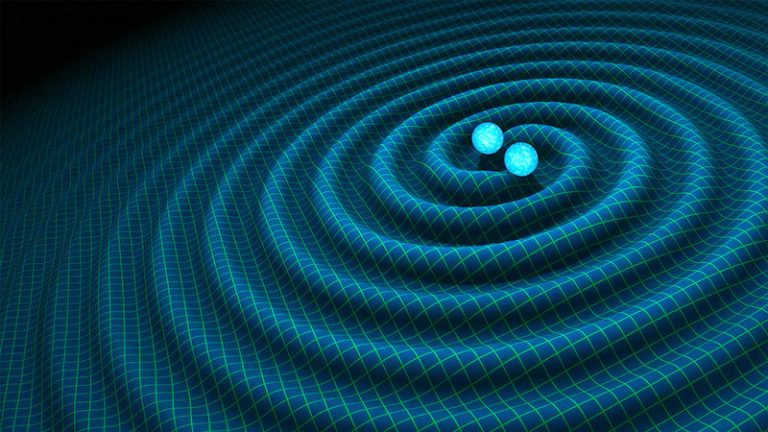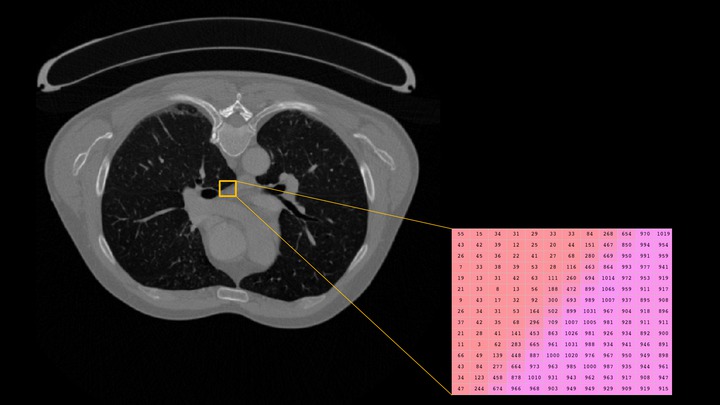As a non-contact and non-invasive technique, hyperspectral imaging enables the collection of highly informative spectral (at different wavelengths) and spatial data on the observed sample. The collected spectra reflect the chemical composition and spatial morphology of the sample. The technique is successfully applied in the food industry, for industrial classification, and in medicine for the […]
Machine Learning Laboratory
Automatic Music Transcription for Traditional Woodwind Instruments Sopele
Sopela is a traditional hand-made woodwind instrument, commonly played in pair, characteristic to the Istrian peninsula in western Croatia. Its piercing sound, accompanied by two-part singing in the hexatonic Istrian scale, is registered in the UNESCO Representative List of the Intangible Cultural Heritage of Humanity. This paper presents an insight study of automatic music transcription […]
Invited talk at the Institute of Informatics in Szeged, Hungary
On November 28, 2019, Ivan Štajduhar gave a talk titled “Machine Learning for Medical Imaging” at the Institute of Informatics in Szeged, Hungary, presenting the current research activities of the group.
Invited talk at SSIP 2019
Ivan Štajduhar gave a lecture titled “Everything you never wanted to know about machine learning, but were forced to find out” at the 2019 Summer School on Image Processing (SSIP) in Timisoara, Romania, on July 10, 2019. https://www.info.uvt.ro/ssip2019/
Local-Entropy Based Approach for X-Ray Image Segmentation and Fracture Detection
The paper proposes a segmentation and classification technique for fracture detection in X-ray images. This novel rotation-invariant method introduces the concept of local entropy for de-noising and removing tissue from the analysed X-ray images, followed by an improved procedure for image segmentation and the detection of regions of interest. The proposed local Shannon entropy was […]
Development of machine-learning-based techniques for illness and injury detection in medical images
Clinical decision-support systems are often built by manually gathering, formalising and implementing specialist knowledge. Therefore, they are limited by existing human knowledge concerning modelling clinical conditions, diagnosis and therapy, and can be inaccurate because of variations and complexity inherent to medical data. In order to circumvent these limitations, following an obvious growth of publicly available […]
Computer-Aided Digital Analysis And Classification of Signals
Various natural phenomena are described by stochastic signals, the analysis of which requires utilizing advanced, computationally demanding algorithms (such as simultaneous processing of signals in time and frequency domain using quadratic time-frequency distributions). Besides being stochastic, these signals are usually non-stationary and multi-componential. Hence, to process them, it is necessary to develop adaptive algorithms for […]
Adaptive State Estimator With Intersection of Confidence Intervals Based Preprocessing
The paper presents an effective solution for improving power system state estimation performance by applying the intersection of confidence intervals (ICI) algorithm, a state-of-the-art adaptive signal processing technique used in signal denoising. Since many power utilities worldwide still run state estimators based on the weighed least squares (WLS) algorithm using supervisory control and data acquisition […]
A Network for Gravitational Waves, Geophysics and Machine Learning
The breakthrough discovery of gravitational waves on September 14, 2015 was made possible through synergy of techniques drawing from expertise in physics, mathematics, information science and computing. At present, there is a rapidly growing interest in Machine Learning (ML), Deep Learning (DL), classification problems, data mining and visualization and, in general, in the development of […]
Image Processing, Information Engineering & Interdisciplinary Knowledge Exchange
CEEPUS network “Image Processing, Information Engineering & Interdisciplinary Knowledge Exchange”, CIII-AT-0042, is dedicated to connecting researchers in the field of computer science and signal processing with medical experts. RITEH is a partner in the project from 2018.
